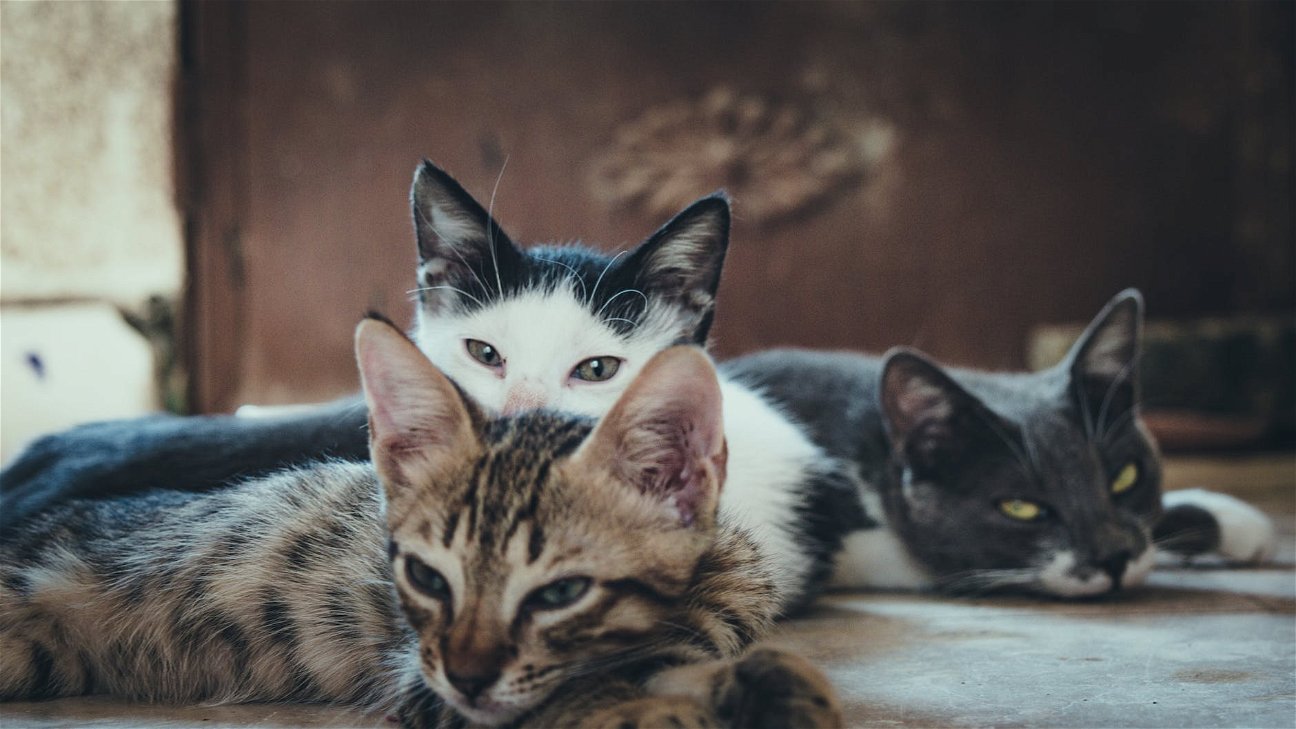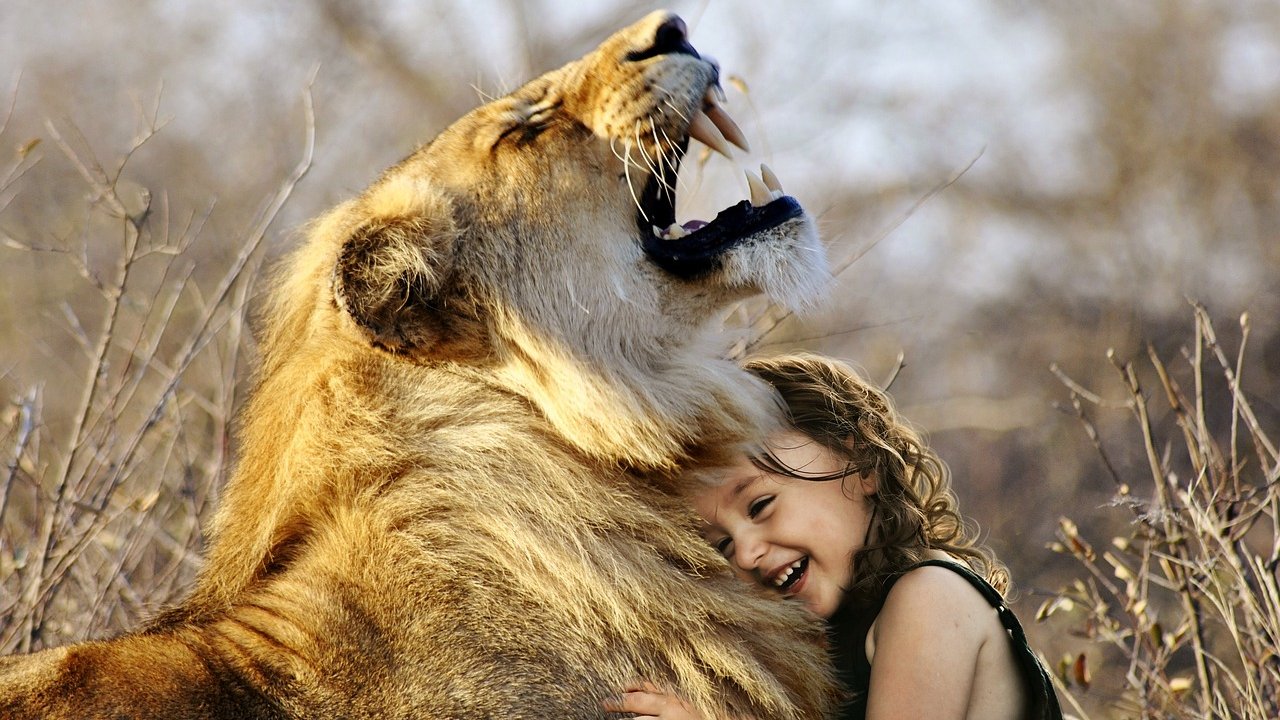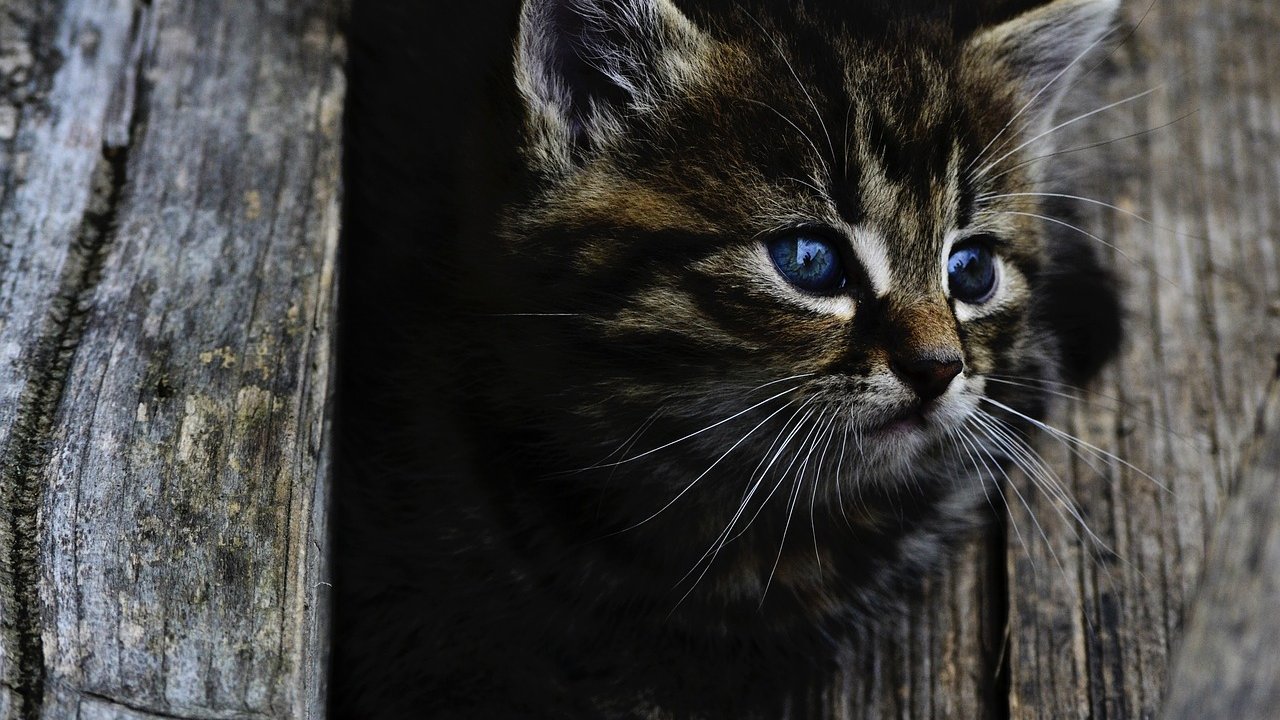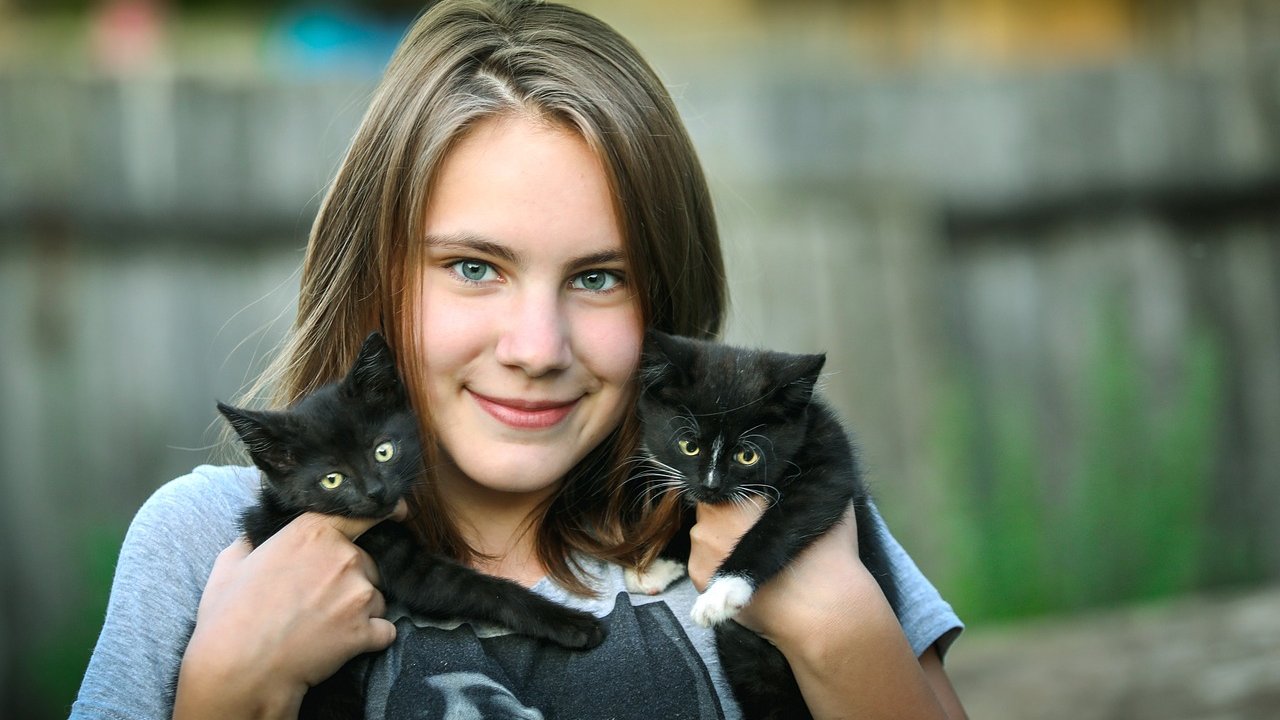
If you've ever shared your space with a feline, you're undoubtedly familiar with the soothing, rhythmic sound of a cat purring. This vibration-like noise, unique to felines, is a staple of cat communication, but what does it mean?
Let's delve into the psychology behind cat purring to better understand our furry friends.
What is purring?
Purring is a vocalization method used by cats, characterized by a rhythmic, vibrating sound. The noise is produced when a cat's laryngeal muscles twitch, causing a constriction of the larynx that results in the signature purring sound.
Why do cats purr?
Cats purr for a variety of reasons. Here are some common interpretations.
- Happiness and contentment: Cats often purr when they are relaxed and comfortable, such as during a grooming session or while sleeping.
- Healing: Cats also purr when they are injured or unwell. The frequency of a cat's purr is within a range known to promote tissue regeneration and healing.
- Communication: Kittens purr to communicate with their mothers, and adult cats may purr to signal friendliness to humans or other cats.
But remember, every cat is unique and their purring could signify different emotions or needs. Understanding your cat's behavior and body language in addition to their purring can provide more insight.
Interpreting cat purrs
While there's no universal 'purr translator', different purring contexts can hint at what your cat might be trying to communicate. Here's a handy table to help categorize your kitty's purrs.
Purring and human health
Believe it or not, a cat's purr can have beneficial impacts on human health. Studies suggest that the frequency of a cat's purr can help lower stress and anxiety, promote healing in humans, and even improve bone density.
Cats purring when sick
It's important to note that a cat purring doesn't always mean they are happy or content. Sometimes, cats purr when they are ill or in pain, potentially as a way to soothe themselves. If your cat seems to be purring excessively and displays other signs of illness, such as loss of appetite or lethargy, it's advisable to consult a vet.
The intricacies of cat purring and its impact on their behavior are still a fascinating area of research. The more we discover, the more we can understand and connect with our feline companions.
After all, understanding is the first step towards a stronger bond with our four-legged friends. So, the next time your cat purrs, listen closely - they might be telling you more than you think.





